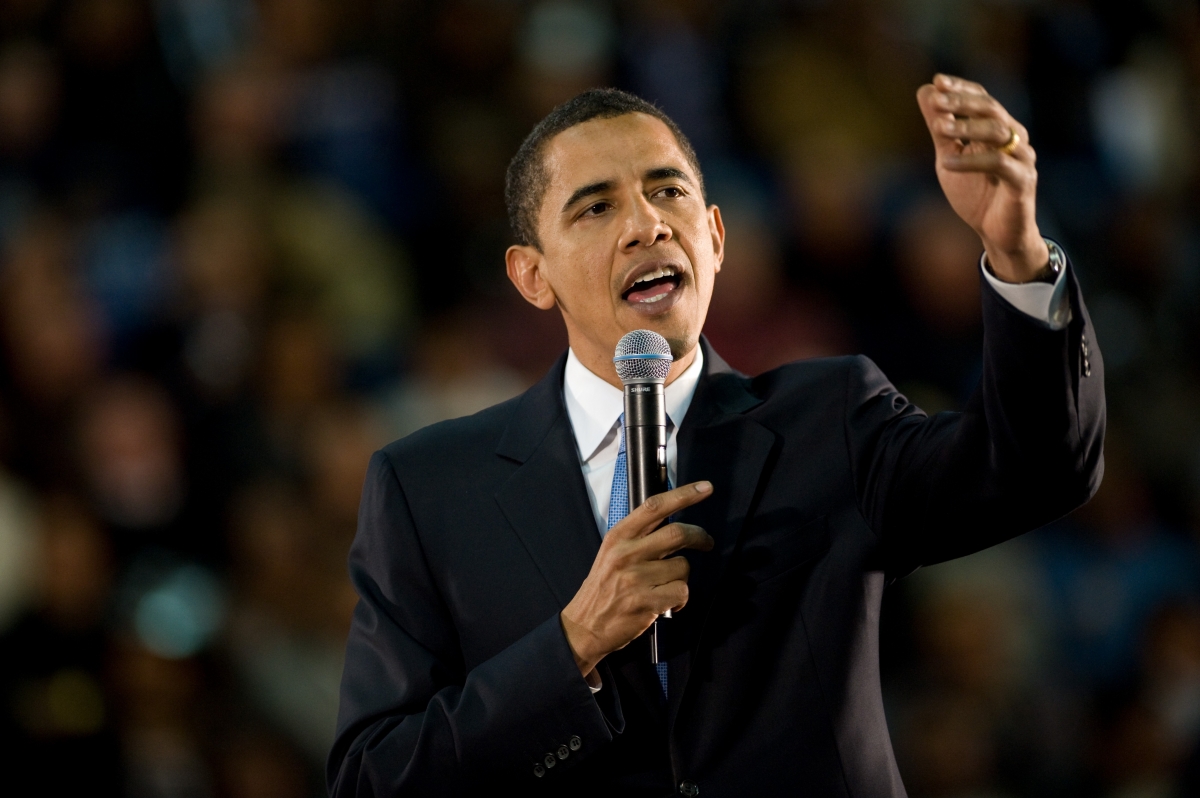The Surprising Effect of Facial Appearance on Political Decision-Making
If your citizenship comes with the responsibility - and privilege - of voting, then every few years you face an interesting challenge. Who will you vote for? Whether you choose to support an incumbent, a celebrated war hero, an experienced government official, or a new face on the political scene, psychologists are incredibly curious about the process by which you come to that decision. There is reason to believe that, coming from a thoughtful and prepared voter, your ballot will reflect an objective assessment of candidate qualifications. You may, for example, use the time before an election to analyze debates, weigh social policies, and scrutinize performance records. With a wealth of political information at the tip of your fingers, only careful, deliberative thinking will contribute to your final decision…right?
Recent research in political psychology tells us that conscious deliberation is only part of the story when it comes to the voter-decision process. Information about candidates is further gathered using no mental effort, through processes operating completely outside of our awareness. Visual cues, for example, such as physical appearance, are instrumental in shaping our impressions of political candidates. Consider the case of Richard Nixon, a United States’ presidential hopeful back in September of 1960. Coming off of a hospital visit and sporting a five-o’clock shadow, Nixon participated in the first-ever televised presidential debate against John F. Kennedy, whose recent return from sunny California left him well-rested and tan. There is reason to believe that Nixon’s arguments were superior: radio listeners thought he won the debate. The estimated 70 million TV viewers, however, overwhelmingly preferred Kennedy. Visual information, i.e. Kennedy’s clean-cut confidence versus Nixon’s haggard appearance, is presumed to have influenced the TV viewers, ultimately shaping their global impressions of both candidates (Kraus, 1988).
Fast forward almost fifty years and researchers are just beginning to understand how physical appearance, particularly facial appearance,
factors into voter choice. Nixon’s and Kennedy’s facial expression may certainly have evoked emotional reactions from television viewers during that critical debate. Accordingly, research suggests that feelings, like
warmth or happiness, in response to a candidate’s facial gestures can influence voters’ attitudes and subsequent decisions (Sullivan & Masters, 1988). Of particular interest to social-cognitive researchers who study person-
perception is how the mind translates facial appearance into beliefs about a candidate’s suitability for office. We now know that in the instant we see a person’s face, an array of fast and implicit cognitive processes take place. In that split second, we unconsciously construct ideas about a person’s personality (Bar, Neta & Linz, 2006). We may think a person is kind, strict, or honest, based only on his appearance. As you might imagine, because we make these personality inferences so easily, they can have important implications for a political candidate seeking election. Indeed, early research had found that a candidate’s photograph can communicate a clear image of his “congressional demeanor,” and fitness for office, affecting his voter appeal (Rosenberg, Bohan, McCafferty, & Harris, 1986). But what is it exactly about a politician’s face that influences his popularity? And which
trait inferences matter when it comes to our voting decisions?
As most politicians know, people generally favor familiar faces over unfamiliar faces. What they may not be aware of is people also tend to prefer faces that are similar to their own. Such an idea is firmly grounded in evolutionary theory. Our faces tend to be similar to our family members’ faces, and we also generally share genetic material with them. The evolutionary perspective argues that we are fundamentally wired to protect and spread our genes, so it makes sense that we might be biologically-biased to prefer similar faces. Is this preference sufficiently ingrained so that we might actually prefer candidates who resemble us?


